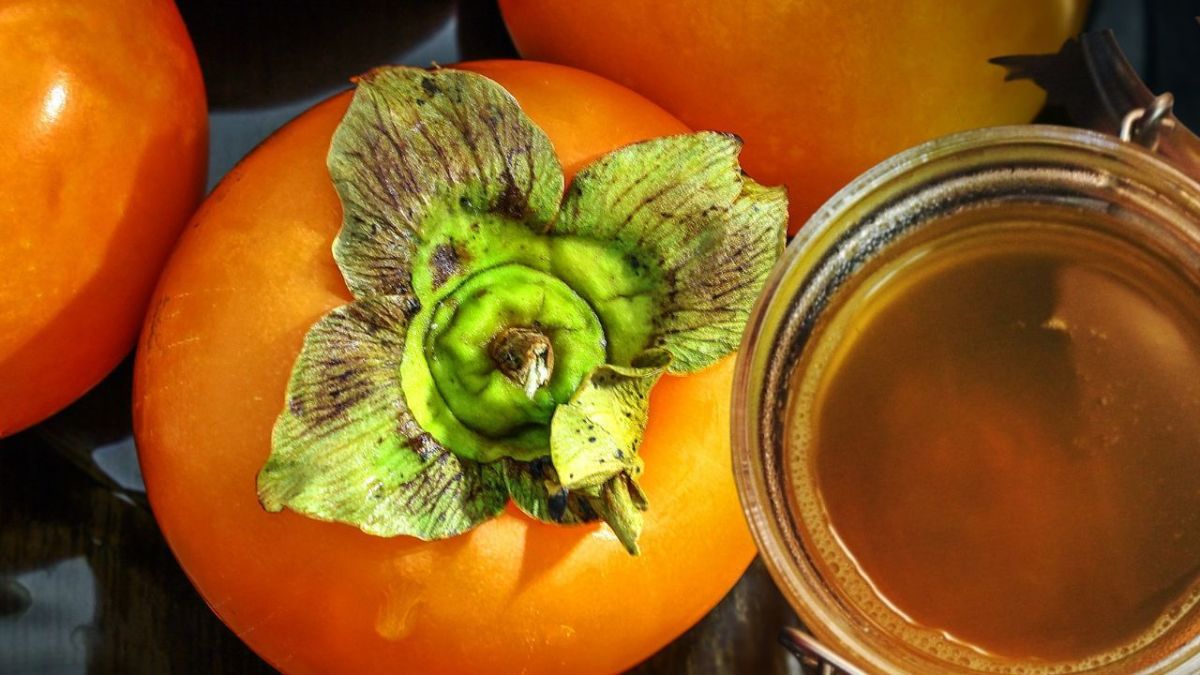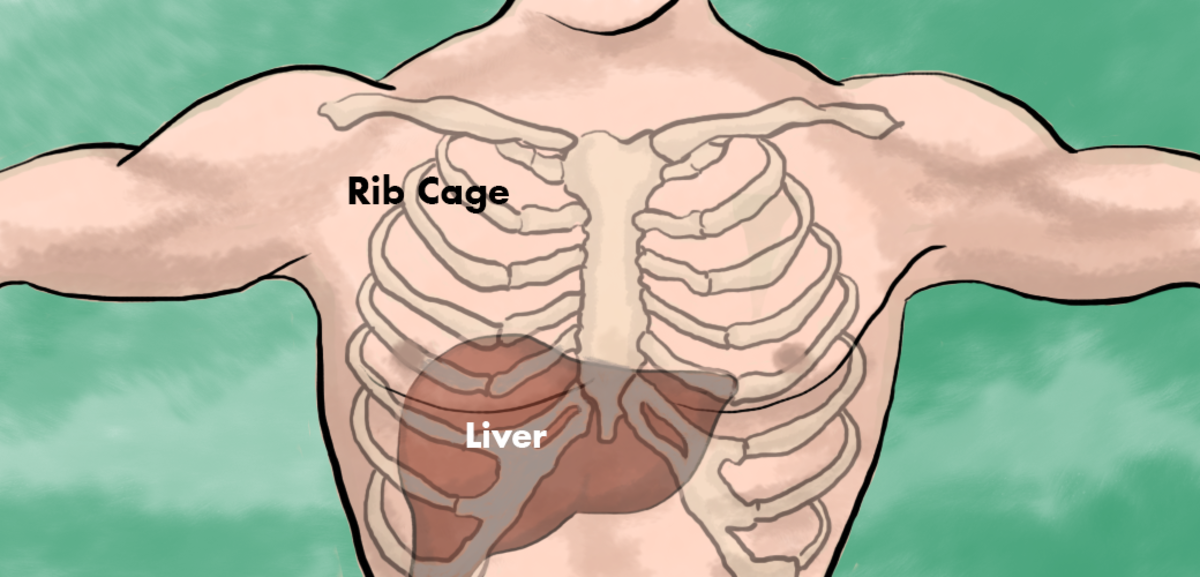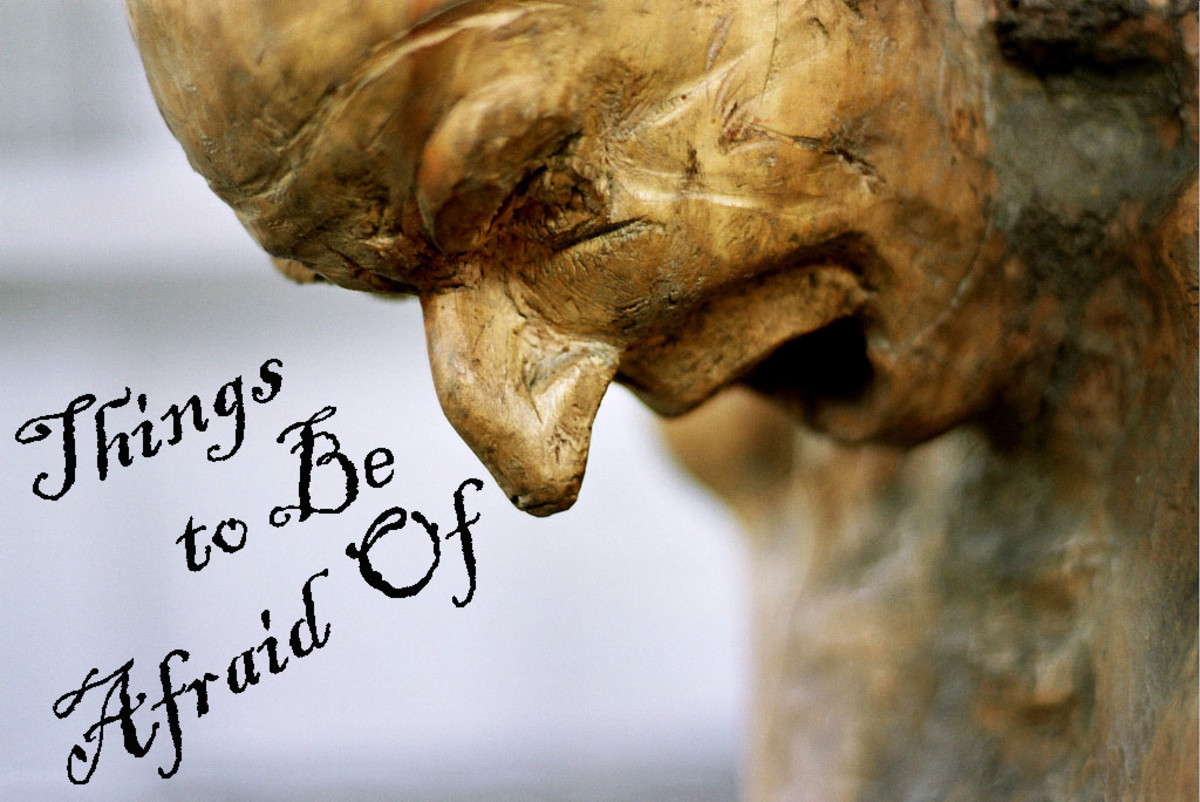Kava Kava - What It Is, What It Tastes Like (Dirt,) And Why You Might Want To Try It Anyway
What It Is
If you suffer from anxiety or have ever done a little digging into natural alternatives to stress-related medication, chances are you've heard about kava kava. Also known as piper methysticum (Latin for "intoxicating pepper,") kava is a tall shrub that hails from the South Pacific Islands. For thousands of years, it has been used as a folk remedy for anxiety and insomnia, and as a ceremonial beverage. Specific cultures in which kava is commonly used include Polynesia, Hawaii, Vanuatu, Melanesia, as well as some parts of Micronesia and Australia.
The medicinal part of kava is the root, and the active ingredients have been identified as "kavalactones." Although now widely available around the world in various forms, including capsules, tablets, teas and liquid extracts, the traditional method of preparing the drink involved chewing, grinding, or pounding the root, and adding cold water. No flavoring is typically added. A strong kava drink will be typically followed a while later by a hot meal, so as to allow ample time for the psychoactive components to absorb into the bloodstream.
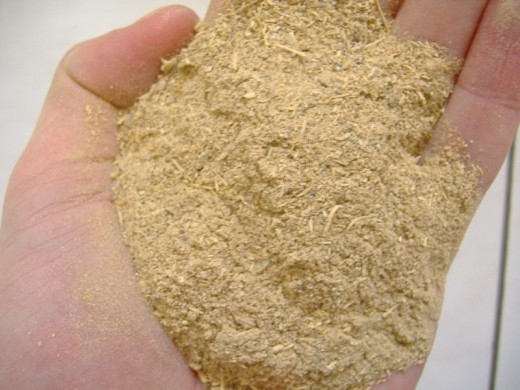
Effects On The Mind And Body
The effects of kava are relaxation, without major sedation or loss of motor control, as well as an improved, more sociable mood. Many well-designed scientific studies have provided promising results regarding kava's use for anxiety relief, but It's not clear exactly how kava produces those effects. It is believed that the psychoactive components of kava affect levels of specific neurotransmitters in the brain, including norepinephrine, gamma-aminobutyric acid (GABA,) and dopamine.
Some side effects of kava can include indigestion, skin rash, numbness in the mouth, drowsiness and visual disturbances. Kava can also lower blood pressure and interfere with blood clotting, and should not be combined with alcohol or other anxiety medications.
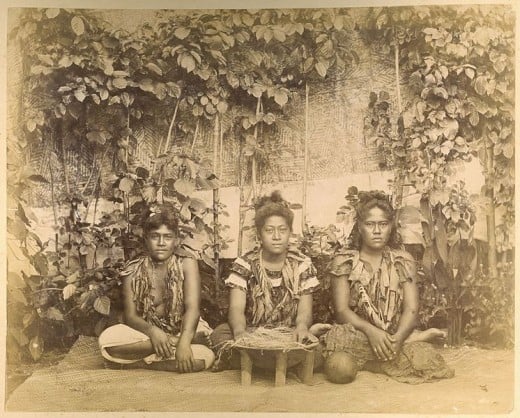
Harmful To Your Liver?
The 1990s saw a boom in kava sales as an herbal supplement in Western countries, but there was also a sharp decline, starting in 2001, due to concerns about liver toxicity. This is now widely believed to have been caused by some manufacturers' use of both stems and leaves of the plant in their supplement preparations, in addition to the root. In addition, heavy use of the herb, either along with alcohol or with an existing liver condition, appears to cause weight loss, malnutrition, liver damage, and renal dysfunction. Due to these health concerns, kava is not as easily accessible as it once was in the United States, but it is still very easy to purchase at your local health food store or through online ordering. And, as it has been used for thousands of years, it appears that moderation is a key in terms of safety, as with many other foods or herbs.
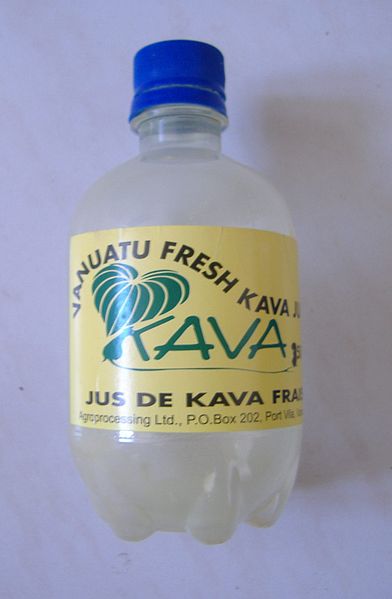
Tastes Like Dirt, But It Works
I have tried various over-the-counter herbal supplements designed to remedy anxiety and/or improve mood, and most of them have either not been effective at all, or simply have not been strong enough in my experience. Kava kava is an exception, as well as the supplement phenibut and the leaves of the kratom plant. However, I didn't realize the effectiveness of kava until I tried it in bulk powder form. I had taken many different brands of kava kava capsules and tablets, some quite expensive, but none of these ever had a discernible impact. I had also tried liquid kava extracts to no avail.
I ordered some bulk ground kava kava powder from a retailer on the internet and prepared a cold drink with it, using a nylon strainer (which I also purchased online.) I would grab a couple of handfuls of the ground up kava and place them in the strainer bag, and would immerse this in a large cup or bowl with plain water, After letting it sit for about 10-15 minutes, I would squeeze the kava within the strainer to get all of the active ingredients released into the liquid. It is necessary to squeeze pretty hard in order to get a solid potency. After straining the kava in this manner for about 10 minutes, I would have a few big gulps. The immediately noticeable sensation is a slight numbness in the mouth. The taste was never anything I would call pleasant, and even when I added copious amounts of stevia to sweeten the drink, I could not escape the feeling that I was drinking mud. "Earthy" would be a kind euphemism.
Once I tried kava in the manner listed above, I realized that it was a bona fide remedy for anxiety and did have some mood-elevating properties. The feeling it brings is best described as a pleasant, very mild, almost alcohol-like euphoria, but without the loss of control or cognitive awareness. While the preparation method listed above yielded the most potent kava drinks, it was also a somewhat messy and time-consuming activity. Kava is also available online in several other forms, including as a thick, highly concentrated paste, and also as an instant kava drink mix, which is sweetened and does not require any straining - you just add water or your liquid of choice, and enjoy! There is even a Kava Cola soft drink, which, unfortunately, is currently only available in Vanuatu. While the instant kava drink mixes were the most palatable way I have found to drink kava, they are not as potent and are more expensive. I experimented adding the kava mix to soy milk and coconut water as well. I was able to make some decent-tasting drinks, but honestly, if the kava had no anxiety-relieving effects, there's no way I would drink the stuff for the taste alone.
I haven't had kava for several months now. While it is effective when ingested properly (i.e. absolutely no capsules or tablets,) the preparation is somewhat tedious, time consuming and can be messy. Also, I was never able to get my kava drinks to be "delicious" by ANY stretch of the imagination. And it's not exactly cheap either. For a pound of premium ground kava root, it will probably cost between $25-$30. One can probably get about 8-10 potent servings for that amount. It's definitely a once-in-a-while indulgence for me. I'm sure there are much better recipes out there than I was ever able to come up with, and if you suffer from anxiety, are looking for an alternative to alcohol, or are just curious about what all the buzz on kava kava is about, it is definitely worth a try! Bottoms up!


